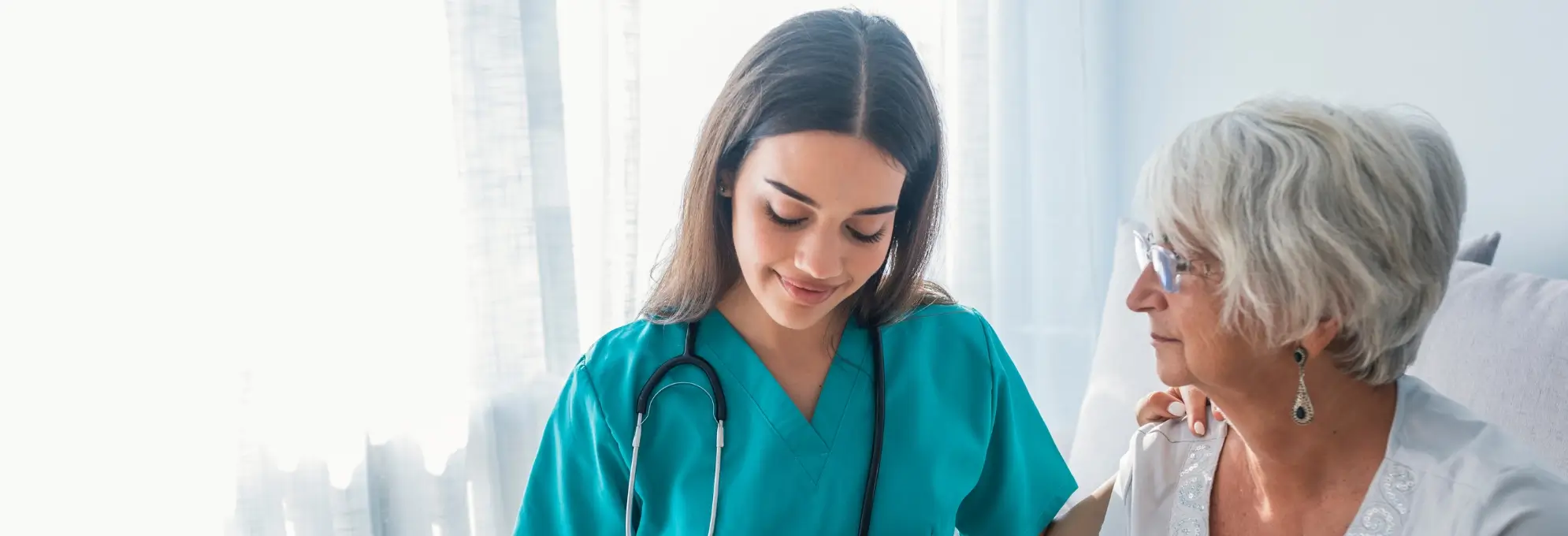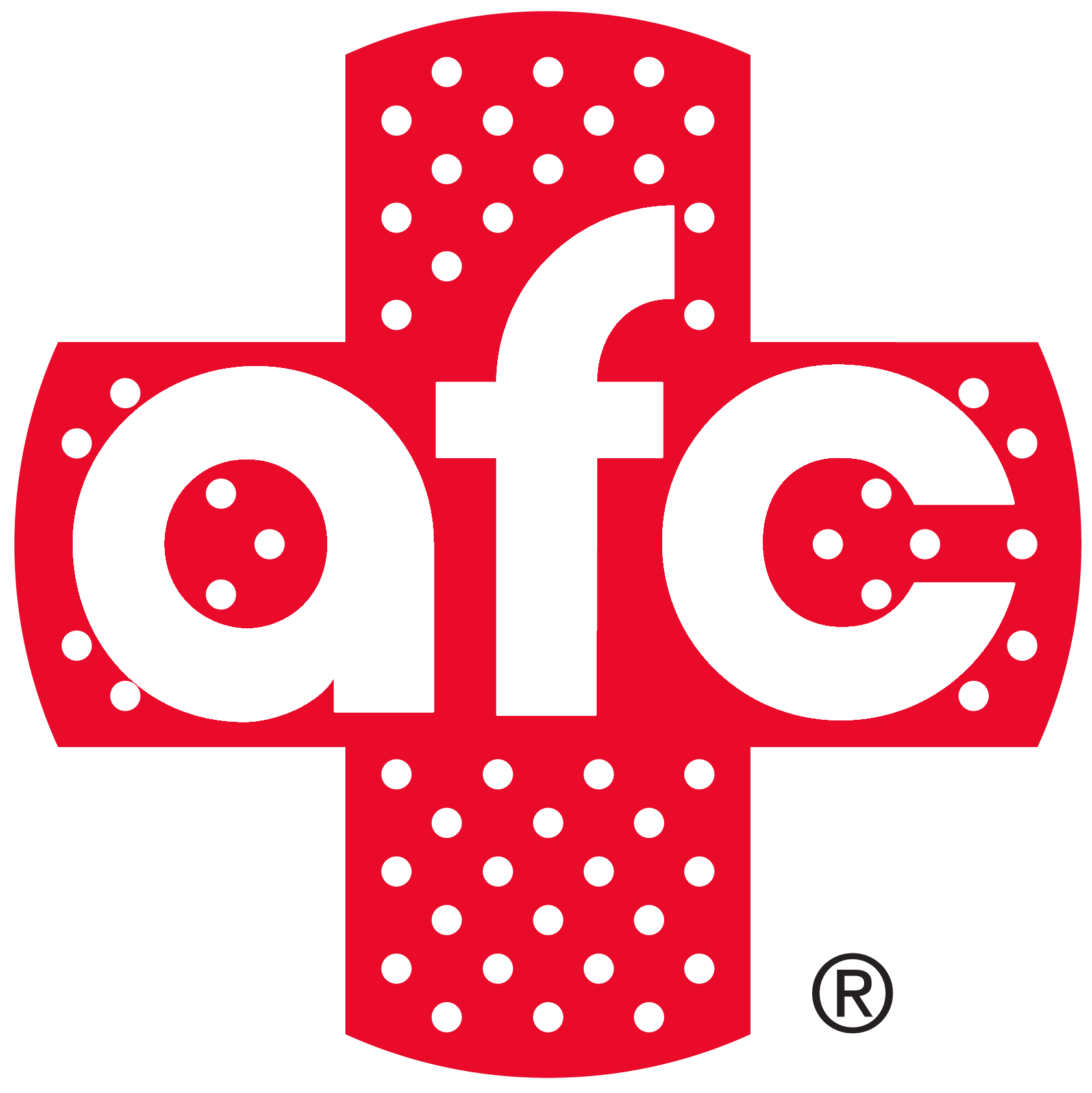X-ray Services are available M-F 10:00 AM – 6:00 PM. | Additional x-ray hours available, call for details
AFC Urgent Care Downingtown is hiring X-Ray Technologists! Click Here to learn more and apply.
AFC Downingtown
Poison Ivy
CALL US TODAY | (610) 518-1060
Find The Location Nearest Covid-19 Testing
We think you’re located in zip code 19335. Not Right?
Poison Ivy & Other Plants to Avoid This Summer
It can be very relaxing to spend time outdoors or great exercise doing yard work on your property. However, not all plants are harmless. Some of your green friends can be quite dangerous. If you believe you’ve come into contact with a poisonous plant, like poison ivy, sumac, or oak, come to AFC Urgent Care Downingtown to consult with one of our Doctors.
When you are talking about poisonous plants in the Downingtown area, the big three are poison ivy, poison oak, and poison sumac. These three plants contain similar chemicals that make them very unpleasant to come into contact with while hiking or pulling weeds. These three plants all have urushiol, a chemical that causes rashes. It is important to remember the rash itself is not contagious. However, if you do not wash off the oil from your skin or clothing after coming into contact with it, you can spread it to others. The oil can even be transferred to other surfaces, exposing it to other people who may have been nowhere near the poison plant. You can also spread the rash to other parts of your body unknowingly.
Poison ivy can usually appear as a vine or a shrub growing close to the ground. While you may think this plant is confined to only rural areas of North America, it can be easily found in urban areas. It can grow just about anywhere outside of Hawaii, Alaska, and deserts. A telltale sign of poison ivy is its leaves which are arranged in groups of three. This trait is where the saying, “leaves of three, leave them be," come from. They can also have light-colored berries or small flowers.
Poison oak looks a lot like actual oak leaves, but it will not sprout a tree, only a rash. It is very similar to poison ivy, except it has smooth and curved leaves.
Poison sumac is very difficult to recognize. It will often look like a small tree or just a shrub. Each branch of this poisonous plant will have 13 leaves arranged in pairs. Fortunately, poison sumac is generally found only in very wet areas and along riverbanks. It is more often found in the Southeast part of the United States. Poison Sumac, however, has the potential to cause a much more severe rash than the other two poisonous plants mentioned above.
Around 85% of all people will develop a rash when they come in contact with poison ivy, poison oak, or poison sumac. While you might be the 15% of the population that is not affected by the chemical in these plants, it is not worth the risk. Severe symptoms from exposure to these plants can include swelling, fever, and blisters. Seek immediate medical care if you or a loved one begin to develop anaphylactic symptoms.
Who is most likely to come in contact with poison ivy, poison oak, or poison sumac?
Hikers, farmers, construction workers, and groundkeepers are the most at risk from encountering one of these plants. Chances of coming in contact only increase if someone’s job involves touching or moving plants or debris. If you do develop a rash, it will generally go away in about one to three weeks. If the rash is more severe than usual, topical steroids can be prescribed to treat the rash. Once someone has rinsed the rash-causing chemical from their skin and clothes, the rash can no longer spread on their skin or to other people.
What can I do to avoid coming in contact with poison ivy and other poisonous plants?
Experts suggest you wear protective clothing and avoid touching plants you do not recognize. These two bits of advice will go a long way to preventing contact with these poisonous plants. Instead of pulling them up by hand, use pesticides to eliminate plants found near your home or place of business. Under no circumstances should you burn these plants. Burning them causes the urushiol particles to become airborne and easily inhaled. This will cause a rash to develop inside your lungs and could be life-threatening.
Not sure if a poisonous plant has caused your rash? Come to AFC Urgent Care in Downingtown and be seen by one of our board-certified doctors. We can diagnose you and help teach you the best ways to protect yourself and your family from these plants.
SCHEDULE APPOINTMENT
Click Here To Explore Additional Services You May Need

 How Can We Help?
How Can We Help?
- PATIENT SERVICES
- COVID-19 SERVICES
- TELECARE
- EMPLOYER RESOURCES
- PATIENT RESOURCES
- ABOUT US
AFC Urgent Care FAQs
-
Is there a medication or shot I can take to get rid of Poison Ivy faster?
No medication will get rid of any rash faster. We can only treat symptoms to make you more comfortable as it works its course. Severe outbreaks resulting in swelling may require some medication to help control it.
-
How do I know if a rash is from poison ivy or something else?
A medical professional should look at any lingering or worsening rash and identify it.

Don't wait to get the medical attention you need.
CALL US TODAY | (610) 518-1060


